Those vitamins and supplements on your kitchen counter… are they working? Are they worth the money you spend on them every month? If someone where to swap them out for a fake look-alike version, do you think you would notice? Even though nutritional supplements are a multi-billion dollar industry (31 billion in 2018 to be exact) the evidence they work is just isn’t there.
There’s nothing wrong with wanting to… “Have more energy!”, “Look younger by next month!”, “Sleep like a baby!”, “Never catch a cold again!”, or “Burn fat and eat like you’re back in college!”… but maybe, just maybe… there’s a better way to get there? There is, just keep reading.
“But wait!” you say… “the FDA (US Food and Drug Administration) makes sure all those supplements are safe and effective, right?”
Uh… no.
The companies that make nutritional supplements have to register with the FDA (which can be done online in about 5 minutes), but that doesn’t mean the FDA is inspecting the factors, the quality or quantity of the ingredients, or whether or not the supplement is safe and effective. That’s why you always see the same 11 words (in very small print) near the bottom of the bottle…
…“This statement has not been evaluated by the Food Drug Administration.”
Guess which country spends the most on nutritional supplements? Good ‘ol USA. Now… guess which country continues the have the worst overall health of all developed countries? Yup… that’d be us, again.. A little embarrassing, no?
In 1994 the Dietary Supplement Health and Education Act (DSHEA) was passed by congress and since then The U.S. Food and Drug Administration (FDA) does not have the authority to review dietary supplement products for safety and effectiveness before they are marketed (read that again). The FDA will look into a supplement and take necessary action only if there’s been enough complaints. When was the last time you took the time to file a complaint with the FDA? Do you even know how? Exactly, we don’t either.
So should you throw out all those bottles on your counter? No, not exactly. Some of them may be helping, but probably not all of them. There’s no getting around the fact that your body needs vitamins, minerals, phytocompounds, other hard to pronounce things to function well. And indisputably the best place to get them all is… (drum roll)… from real food! We know… it’s crazy, right!?
When it comes to giving your body all the good stuff it needs, in just the right form and in just the right amounts, nothing can match the benefits that come from a diet rich in whole foods with lots of veggies, fruits, and moderate amounts of complex carbs and protein. The farther away you get from real, whole food the less and less benefit you’ll get.
That being said, your overall health depends on more than just good food. It also depends on a nervous system that functions well (because it’s not “you are what you eat”, it’s really “you are what your body can break down and absorb” which is controlled by your nervous system), along with enough sleep, daily activity, and a healthy social calendar too. And sadly, when it comes to “real” food you’re more likely to find it at your local farmers market than the closest grocery store, but that’s a topic for another day.
The supplements that are really safe and effective have proper clinical studies to support their claims, not just paid spokespeople or client testimonials. The gold standard when it comes to clinical trials is controlled, double-blind placebo studies. And the companies that make such supplements (that’s a short list) have independent (also called “third party”) quality control companies to double check the quality of the supplements.
In our practice we do recommend and sell a few supplements, but not often, not with every patient, and only from two companies that we trust and have personally met. You won’t find the supplements we recommend in any store because they are too potent and don’t have a long shelf life (they can’t just sit in the back of a warehouse for months or years before they make it to your kitchen counter).
Look, we know this is a big and confusing topic. So what we’ve done is create some fun cooking classes to help folks figure this real food stuff out. We have an Instant Pot class where Dr. Shane cooks a nutritious meal in front of the whole group and everyone gets to try it. And, Dr. Jason has his Autoimmune Bistro where he cooks meals for those with more sensitive tummies. Both are free and we’d love to have you join us. You can also keep up on all the cool classes we teach on our FB events page. Give us a shout if you need a hand or come to a class and we’ll show you how to make inexpensive, tasty, real food meals!
